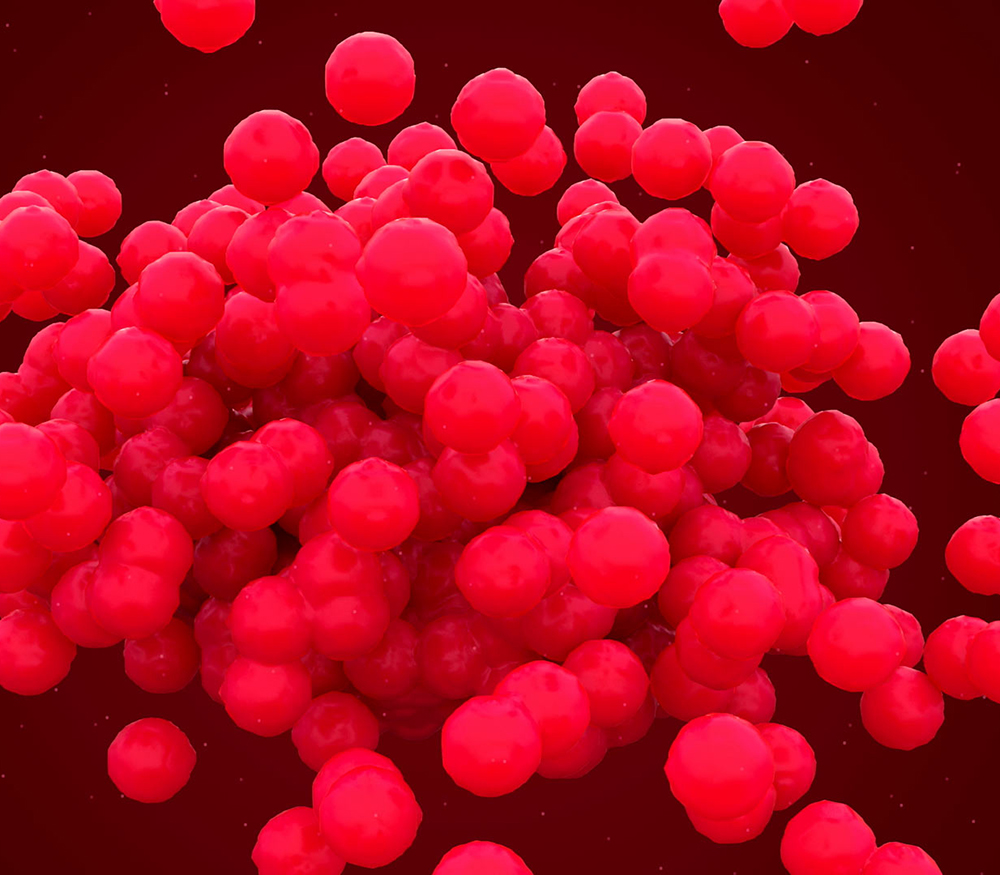
The Medicines Discovery Catapult will act as a trusted mutual broker between Antimicrobial Discovery Solutions (ADS) Ltd and the University of Dundee to create a neutral space for the partners to explore potential new antimicrobial drug discovery.
This agreement enables the University of Dundee Drug Discovery Unit to provide its unique chemistry for testing in ADS’s unique assays in a ‘double-blind’ manner where only the neutral Catapult is aware of which chemistry is active. Only after activity is confirmed will any intellectual property negotiations between the University of Dundee and ADS be required. The deal enables important new chemistry to be combined with new biology without the high barrier of contract negotiations based on what may be discovered. Instead, any negotiations will be conducted only in the event of success and where each party has something tangible to be gained.
Chris Molloy, Chief Executive of the Medicines Discovery Catapult, says:
“Drug discovery research is high risk, expensive and can be delayed by contract negotiations that take place before either party knows if there is value in their collaboration. This can often prevent research from happening altogether. This agreement moves the intellectual property discussion to the right place and brings new collaborators together. We’re creating a new space that frees innovation, enables R&D to be done and incentivises all parties to make a fair deal if there is real value demonstrated. All of this helps to bring new medicines to patients faster.”
The collaboration to tackle antimicrobial resistance – one of the fastest growing health challenges in the world – will see the Drug Discovery Unit at the University of Dundee supply around 20,000 chemical compounds. The Medicines Discovery Catapult will act as the custodians of the compounds and will test them against patented assays developed by ADS Ltd, using the Medicines Discovery Catapult facilities at the University of Warwick. The screen will identify promising compounds on a target of interest, which may have the potential to become effective drugs. Once potential leads have been identified, intellectual property negotiations will take place with a deal brokered with support from the Medicines Discovery Catapult.
Professor Christopher Dowson, Director of Antimicrobial Discovery Solutions and Professor of Microbiology at the University of Warwick, says:
“This approach has the potential to harness the great collaborative intent within the UK, which is often hindered by overvaluing intellectual property. This arrangement allows us to explore new assays and concentrate on the legalities afterwards. Rather than ignoring intellectual property, we’re pushing it into its rightful place and stopping it from being the stumbling block to meaningful collaboration.”
Professor Ian Gilbert, Head of Chemistry at the Drug Discovery Unit in Dundee, adds:
“Tackling antimicrobial resistance is one of the most urgent challenges facing humanity, and no single organisation can solve it alone. We hope that working in collaboration with ADS Ltd and Medicines Discovery Catapult will establish good quality hits – turning potentials into drug-like compounds, and moving closer to new types of antibacterials.”
Both the chemical compounds from the Drug Discovery Unit and assays from Antimicrobial Discovery Solutions have been created specifically for the development of new kinds of antibacterial drugs, to replace those now ineffective due to antimicrobial resistance. As one of the fastest growing health problems in the world, antimicrobial resistance currently kills 12,000 people per year in the UK and 700,000 people globally, with experts predicting a rise to 10 million deaths every year by 2050.